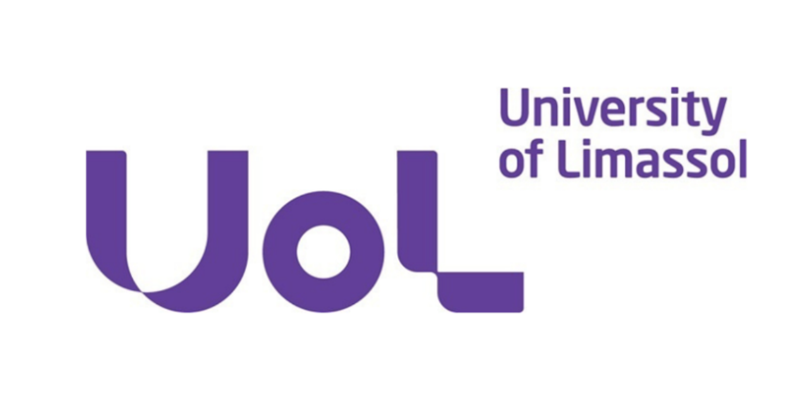Imaging with optical microscopy is indispensable for biological and biomedical studies in universities, pathology departments in hospitals, as well as in the pharmaceutical industry. It can be effectively combined with modern deep learning for neural networks, which play a pivotal role in the current substantial growth of AI. These methodologies are particularly relevant for studies related to phenotyping and the evaluation of cancer treatments.
Biomedical microscopy is becoming increasingly extensive and complex. The acquired datasets may comprise images obtained from phase contrast microscopy, time-lapse studies, multi-modal imaging, or volumetric datasets. Our collaborators at University of Cyprus perform novel imaging studies in accordance with the objectives of the project. The sheer size of these datasets poses a storage challenge for certain laboratories.
The process of extracting information from the data is becoming more complex. The datasets are frequently examined through direct observation or manually, which can be both time-consuming and restrictive. This raises the need for supervised and, when feasible, unsupervised analysis. Some relevant software packages are available in the market. However, they provide traditional functionality at a hefty price and require extensive downloads at a high-end workstation computer to host. Their operation is also cumbersome.
Our project with acronym ABiOMiCeC (i.e., Analysis of Biological Optical Microscopy Time-Lapse Video Sequences of Cells in the Cloud) aims to enhance existing principled processing while also integrating the latest trends in deep learning for analysing and understanding cellular biological microscopy data. A particular objective is the analysis of cellular phase contrast imaging data. The objectives of the methodology are to count and characterise cellular events such as cell divisions as well as to track cellular motion. This is suitable for high-throughput studies assessing the efficacy of new chemotherapy drugs against cancer. Specifically, it allows the evaluation of drugs for increased specificity and reduced side effects.
The software developed comprises a series of steps. First, we engage in pre-processing to remove imaging artifacts and reconstruct phase contrast images. The second step focuses on detecting cell divisions in phase contrast video microscopy. To achieve this, we combine principled methodology with deep learning. The third step tracks cellular motion and apoptosis. Lastly, it computes overall analytics.
The software has a simple user interface. At the last phase of the project, the software tools to process the video sequences will be available with open access over the cloud on demand. These will make the software easily and widely accessible and enable users to provide useful feedback.
This project aims to incorporate state-of-the-art microscopy imaging with advanced image processing and deep learning, and make this functionality available over the cloud on demand. This can increase the throughput in the evaluation of novel cancer treatment drugs.
For more information for the project, you can read the article:
Symmetry | Free Full-Text | Spatiotemporal Identification of Cell Divisions Using Symmetry Properties in Time-Lapse Phase Contrast Microscopy (mdpi.com)
The ABiOMiCeC project acknowledges the support of the Cyprus Research and Innovation Foundation within the context of the RESTART 2016-2020 Programmes, which are co-funded by national and European funds.
Source: University of Limassol | News (https://shorturl.at/brBEH)
